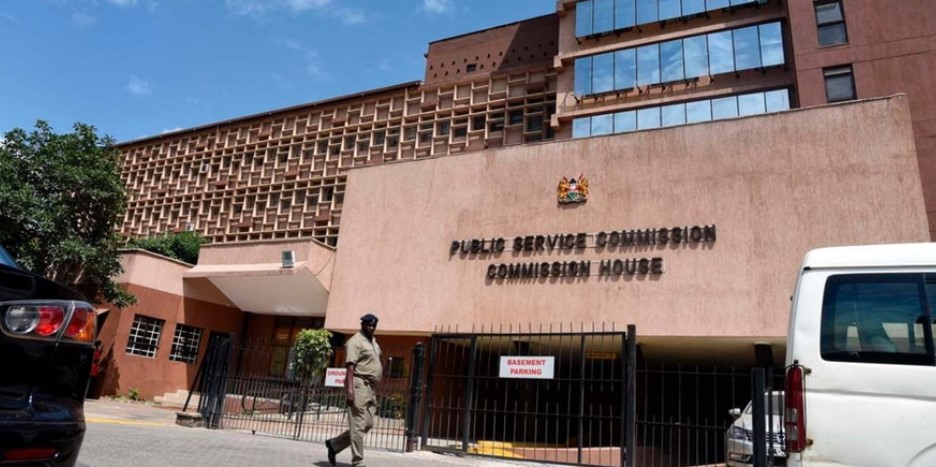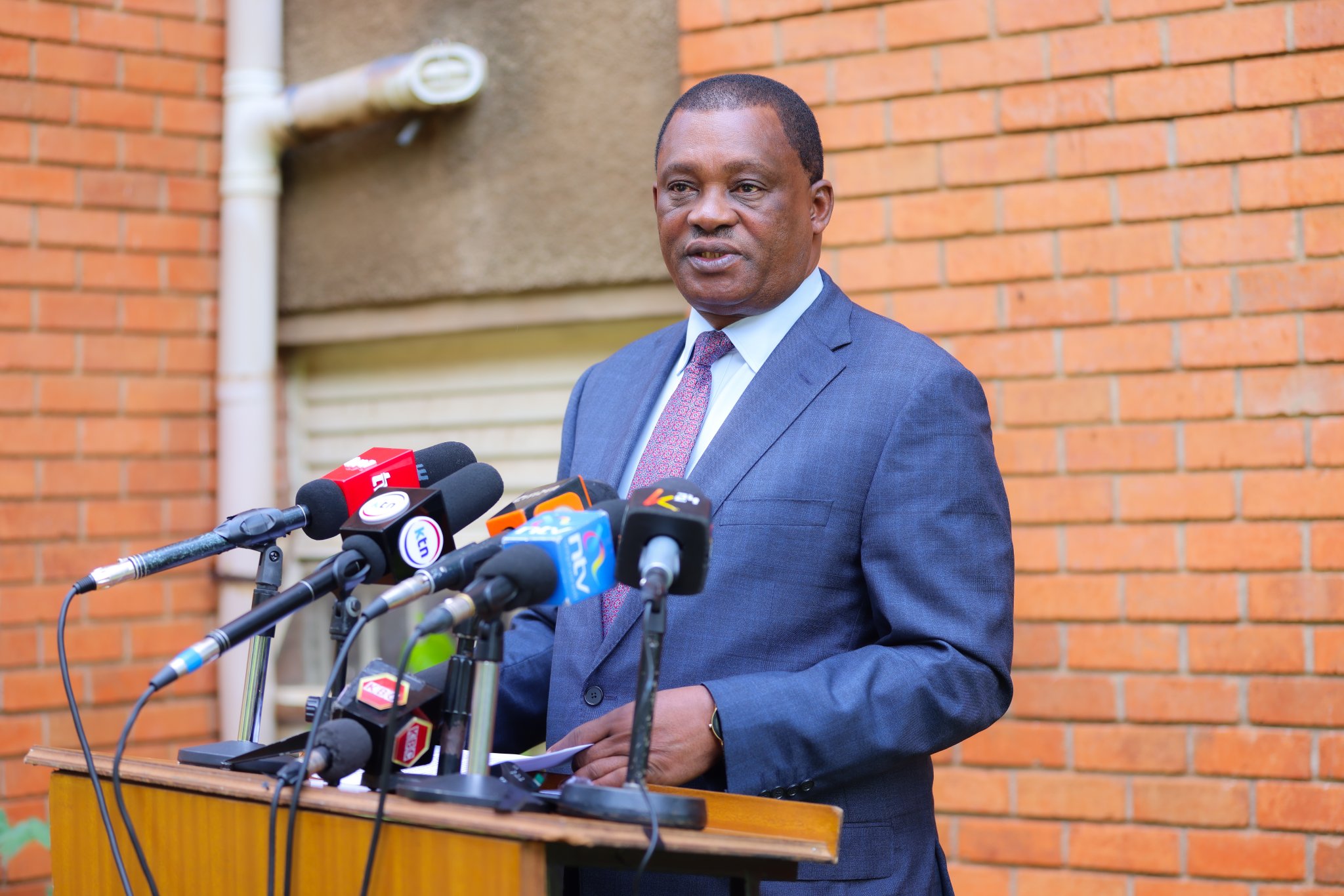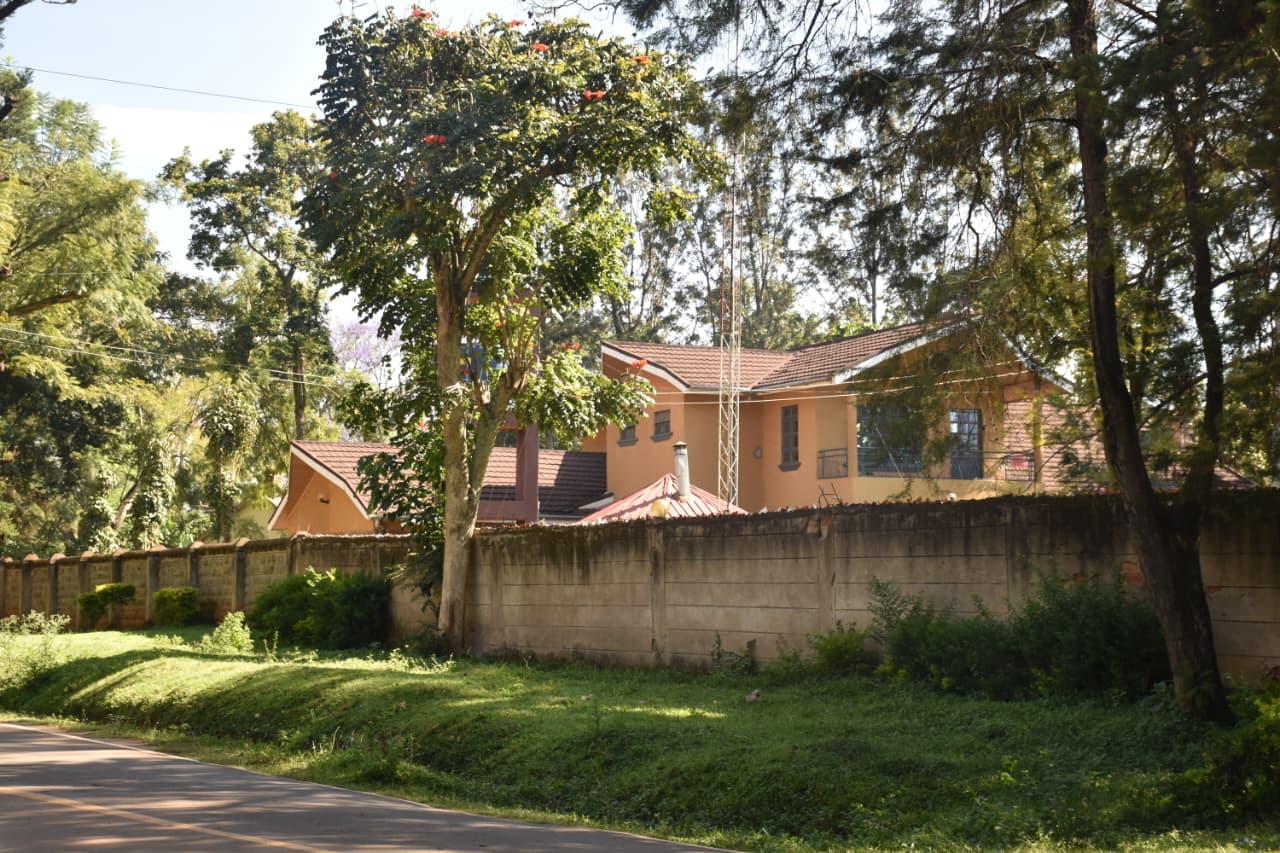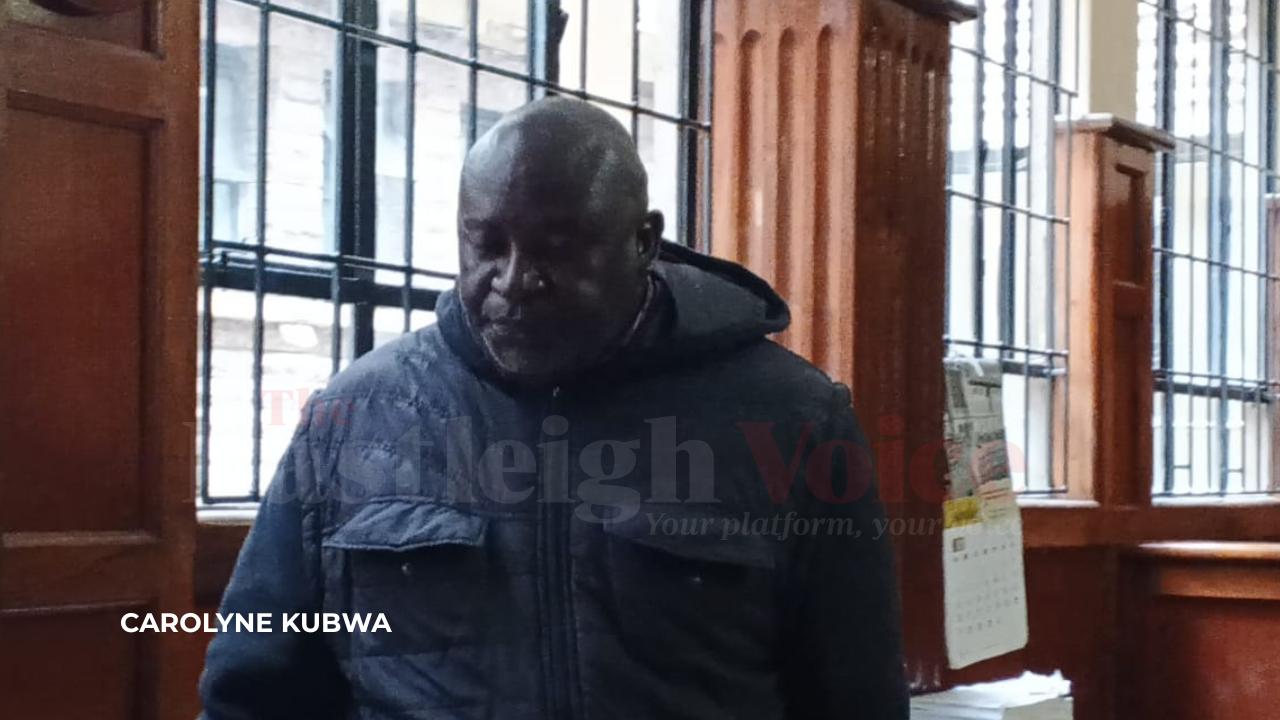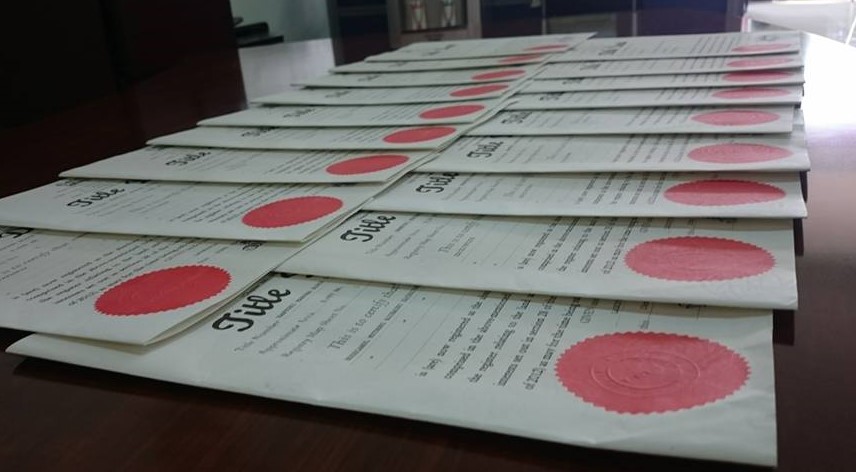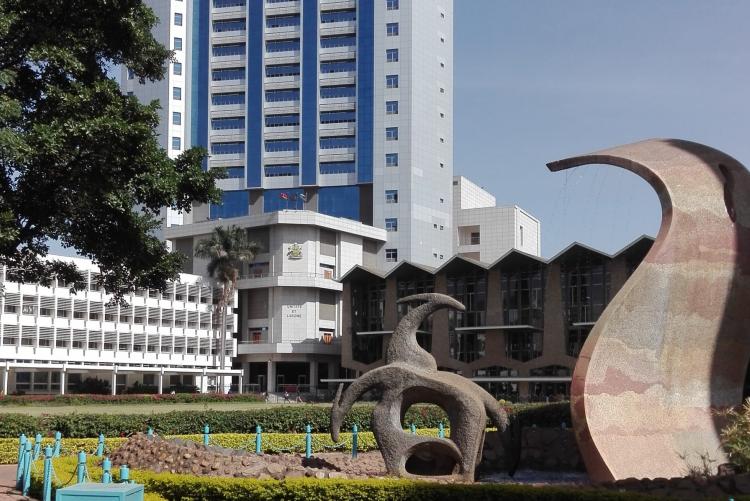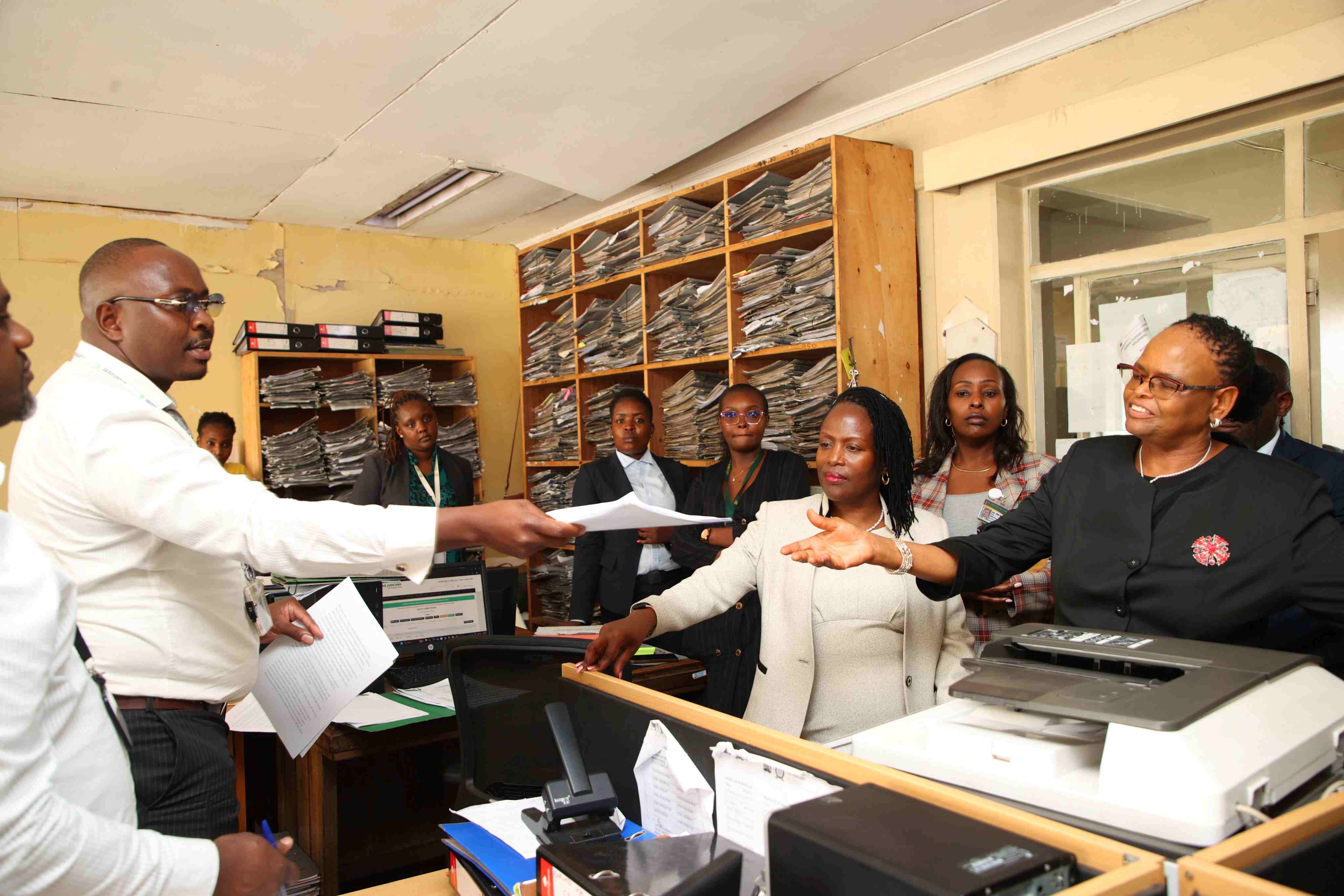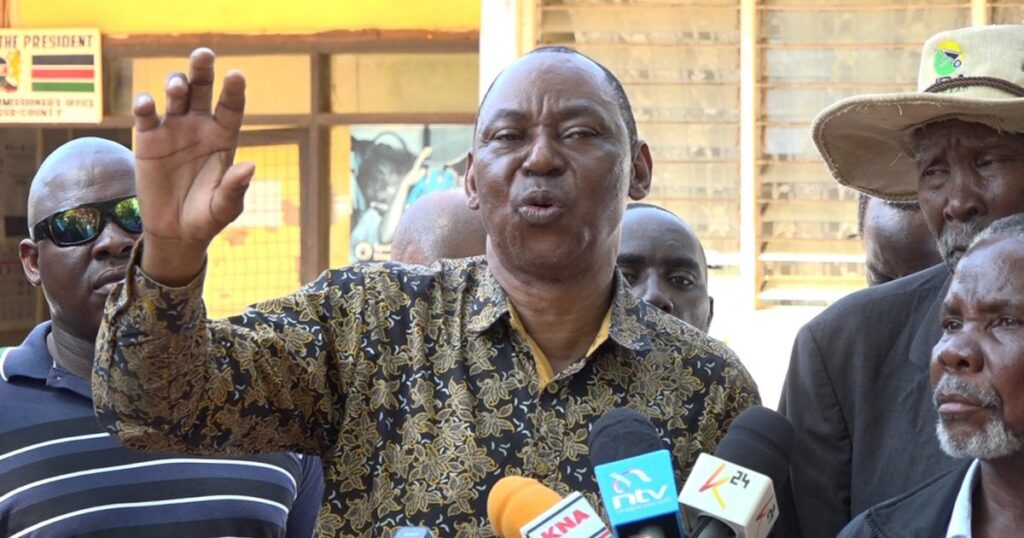Senate moves to tighten impeachment process after repeated failed attempts against governors
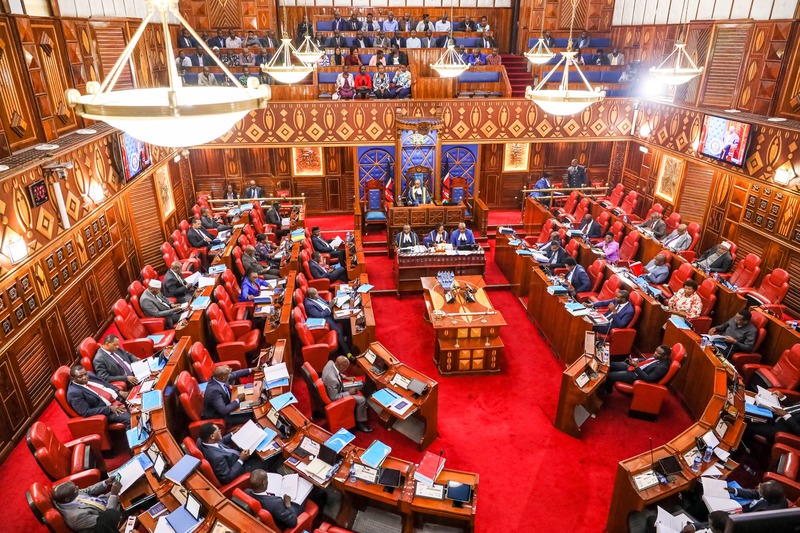
County assembly speakers and the County Assembly Forum (CAF) have been invited for a joint meeting to streamline the process and ensure that future impeachment motions adhere strictly to the law.
The Senate has moved to tighten the impeachment process for governors, following a spate of failed attempts to remove county leaders from office due to procedural flaws.
County assembly speakers and the County Assembly Forum (CAF) have been invited for a joint meeting to streamline the process and ensure that future impeachment motions adhere strictly to the law.
More To Read
- Isiolo leaders call for unity as Governor Guyo extends olive branch
- Isiolo Governor Abdi Guyo names three new CECs amid political turmoil
- Isiolo elders appeal for ceasefire among county officials amidst political turmoil
- Isiolo Governor Abdi Guyo dismisses DPP arrest order as politically motivated
- DPP orders arrest of Isiolo Governor Abdi Guyo and seven others over alleged kidnapping, robbery with violence
- CoG chair Ahmed Abdullahi: Impeachment wave against governors driven by political fights
Seen as a tool of governance and accountability, the impeachment process has in recent years become a political weapon, with county assemblies accused of using it to settle scores or pursue partisan interests. In several cases, Members of County Assembly (MCAs) have been accused of acting under external influence, driven by control over multibillion-shilling county budgets and local succession politics.
Reports by Senate committees that have handled impeachment proceedings show that many of the allegations against governors failed to meet the constitutional threshold for removal from office. The growing number of political showdowns between governors and MCAs, which have led to numerous collapsed impeachment cases, has now drawn the attention of Senate Speaker Amason Kingi.
While calling for dialogue between the Senate and county assemblies, Kingi noted that although MCAs have the constitutional mandate to initiate impeachment proceedings, many such motions fail because assemblies ignore legal procedures.
Kericho Governor Erick Mutai recently survived his second impeachment attempt at the Senate, escaping on a technicality. His case followed that of Isiolo Governor Abdi Guyo, whose ouster was similarly dismissed after MCAs failed to prove that a lawful sitting had been held to pass the impeachment motion.
Kingi said the repeated collapse of impeachment motions on technical grounds has made it necessary to review and harmonise the process to prevent “unconstitutional” ousters from reaching the Senate.
“We can talk all we want, but if we don’t follow the law, then any impeachment will go nowhere. We must ensure we follow the law guiding impeachment so that the motion doesn’t fall,” Kingi said while addressing Isiolo MCAs who had accused the Senate of failing to uphold their resolution to impeach Governor Guyo.
“You will blame the Senate when we don’t uphold your impeachment resolutions, yet it’s the assembly that didn’t follow the law. You tie the hands of the Senate, then you blame it,” he added.
Kingi reiterated that unless assemblies conduct the process lawfully, governors will continue “walking away scot-free.”
“That’s why I have called for a meeting with all county assembly speakers and the County Assembly Forum to ensure each step of the impeachment process is done within the law,” he said.
Several senators echoed Kingi’s sentiments, urging MCAs to uphold the rule of law in future motions.
Kirinyaga Senator James Murango stressed that impeachment must meet a strict legal standard both in process and evidence.
“When you impeach a governor, you have condemned them to some political oblivion, so the reasons must be beyond doubt, and one of the important things is the process,” Murango said.
Nairobi Senator Edwin Sifuna and Homa Bay Senator Moses Kajwang noted that most impeachments collapse because assemblies focus more on political motives than legal requirements.
“MCAs are handing over a poisoned chalice to the Senate expecting it to process it. We are saying that they need to get it right from the procedure,” Kajwang said.
Kakamega Senator Boni Khalwale added that flawed procedures make it impossible for the Senate to confirm impeachments.
“It is very difficult for senators to condemn a governor when the process was bordering on illegality, and so they will fall flat when it comes to the Senate,” he said.
Since 2022, the Senate has handled five impeachment motions against three governors, with only one being successful. Two other motions involved deputy governors, one in Siaya and another in Kisii, with only the latter resulting in removal from office.
In total, the Senate has handled at least 20 impeachment cases since the introduction of county governments in 2013. Out of these, eight have been upheld after the charges were found to have been substantiated, while the rest were either dismissed or failed on procedural grounds.
Between 2013 and 2020, five governors faced impeachment attempts, but only that of former Embu Governor Martin Wambora was upheld and later overturned by the courts. Others, including the late Nyeri Governor Nderitu Gachagua, Murang’a’s Mwangi wa Iria, Kericho’s Paul Chepkwony and Taita Taveta’s Granton Samboja, all survived.
Analysts say the pattern highlights how impeachment, once viewed as a key accountability mechanism, has often been weaponised for political purposes.
With the Senate and county assemblies set to convene later this month, Kingi hopes the new reforms will restore credibility to the process and ensure that only legally sound cases reach the Senate.
Top Stories Today
